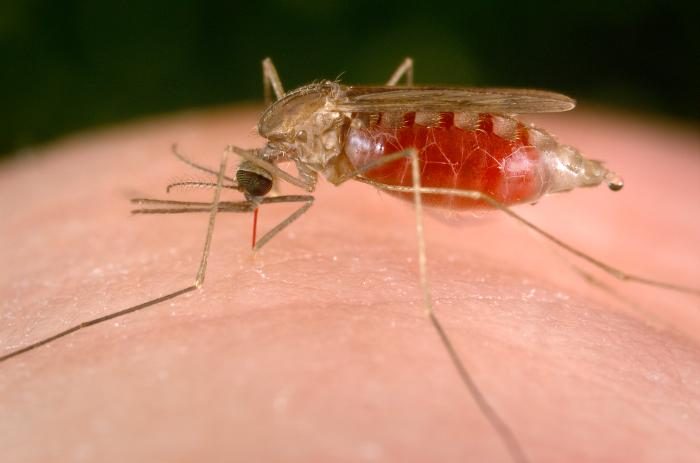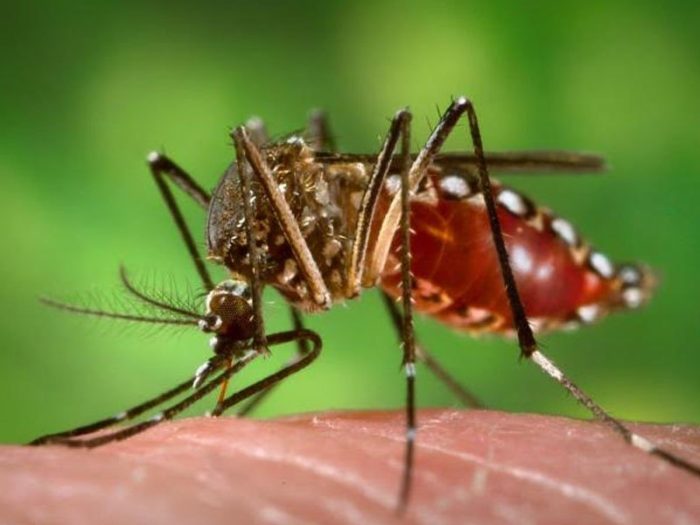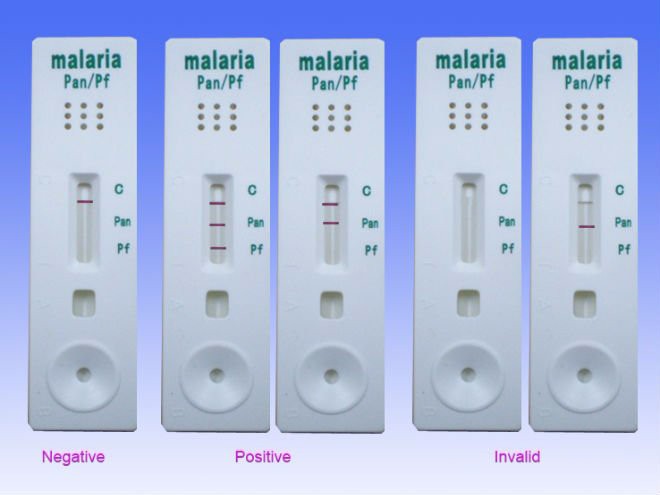In September, world leaders pledged nearly US$13 billion to tackle some of the world’s deadliest diseases through the Global Fund to Fight AIDS, Tuberculosis (TB) and Malaria. In a time of significant global uncertainty and strife, this was a remarkable display of commitment to the health and well-being of the most vulnerable populations on the planet.
African leaders have committed to ending AIDS, TB and malaria since 2001, and over the past few decades, extraordinary global solidarity and resources have helped transform this fight against Africa’s three biggest public health threats. The Global Fund has been key to this progress, having saved 20 million lives worldwide and averted millions of new infections.
But donor resources are not limitless. In order to build on our progress and accelerate the decline of these diseases, we need to marshal resources and leadership from the countries that, tragically, know them best – many of which are in Africa.
I am all too familiar with the devastating impact of AIDS, TB and malaria on the people of my continent, with hundreds of millions of Africans at risk of these diseases every day. Encouragingly, African governments have taken several important steps to meet the evolving demands of the AIDS, TB and malaria response.
Several African countries committed resources to the Global Fund for its latest replenishment. Pledges from South Africa, Benin, Cote d’Ivoire, Kenya, Namibia, Nigeria, Senegal, Togo and Zimbabwe totaled approximately $34 million, demonstrating the importance African countries place on the Global Fund and sharing responsibility for ending these epidemics. As President Macky Sall of Senegal said, “In an interconnected and interdependent world, diseases know no borders.” The African Union Commission commends the countries that contributed, and commits to work with more African countries for increased pledges for the next replenishment in 2018.
Furthermore, these pledges have also been made alongside significant increases in domestic investments for health by African countries, almost US $11 billion for 2015-17. This surge in resources is critical for positioning countries to take ownership over their health programmes and lead the fight against these diseases.
The 54 countries that make up the African Union (AU) understand how important this is, which is why we place special emphasis on identifying African-sourced solutions to our health challenges. For example, in 2012, country governments adopted the African Union Roadmap on Shared Responsibility and Global Solidarity for AIDS, TB and Malaria, which outlined a path for strengthening country leadership on the essential building blocks of our health systems – including the areas of financing and access to medicines. In 2016 African leaders adopted the Catalytic Framework to end AIDS, TB and Malaria in Africa by 2030 with a clear business plan and bold targets.





